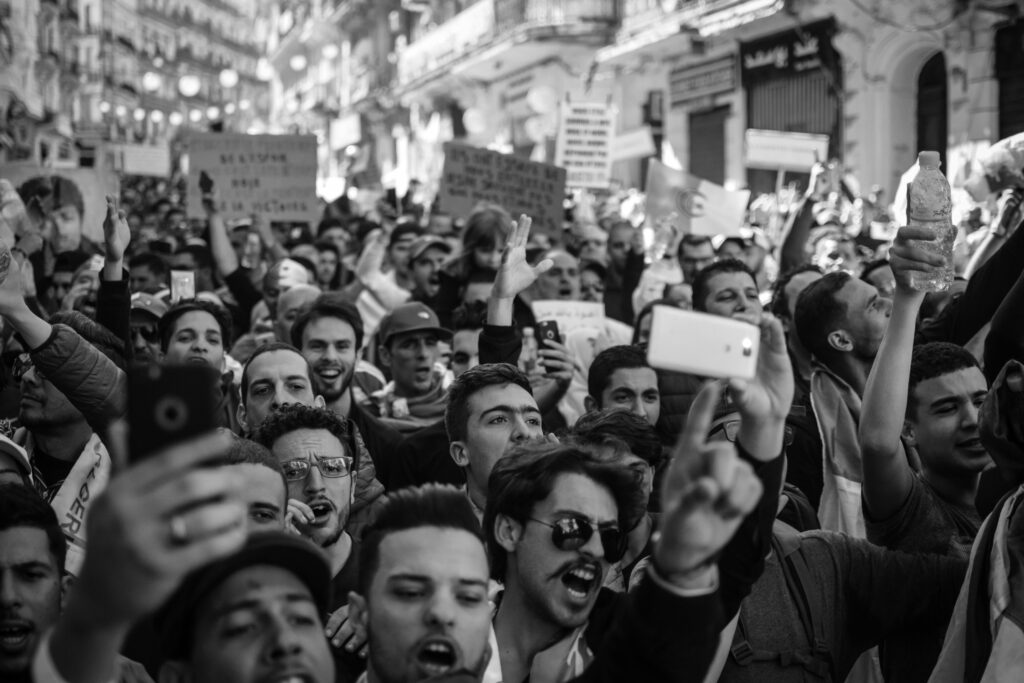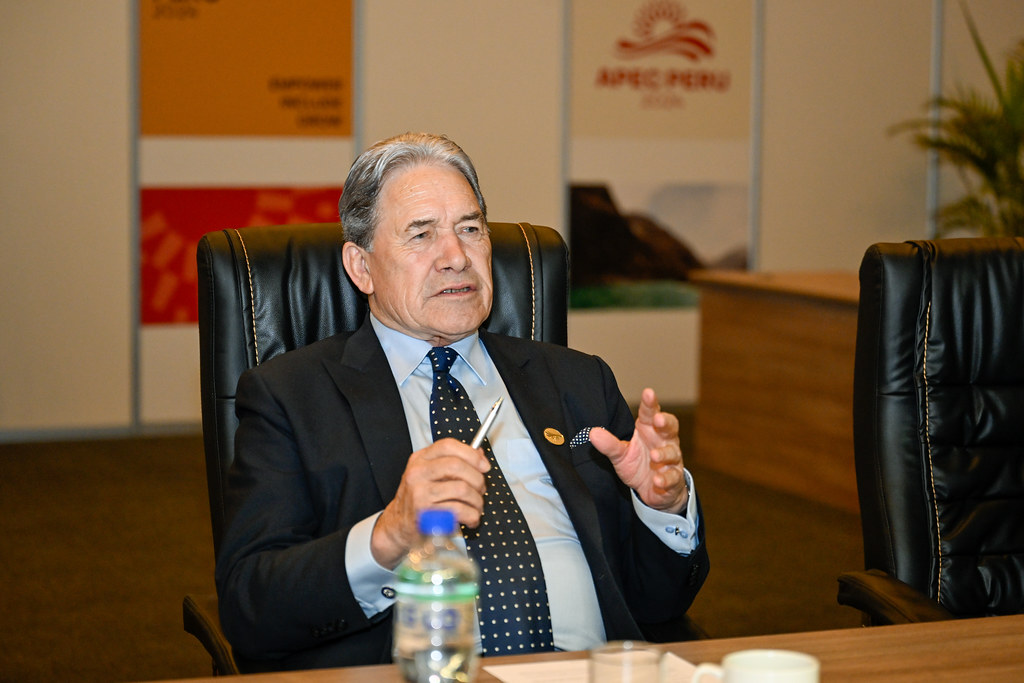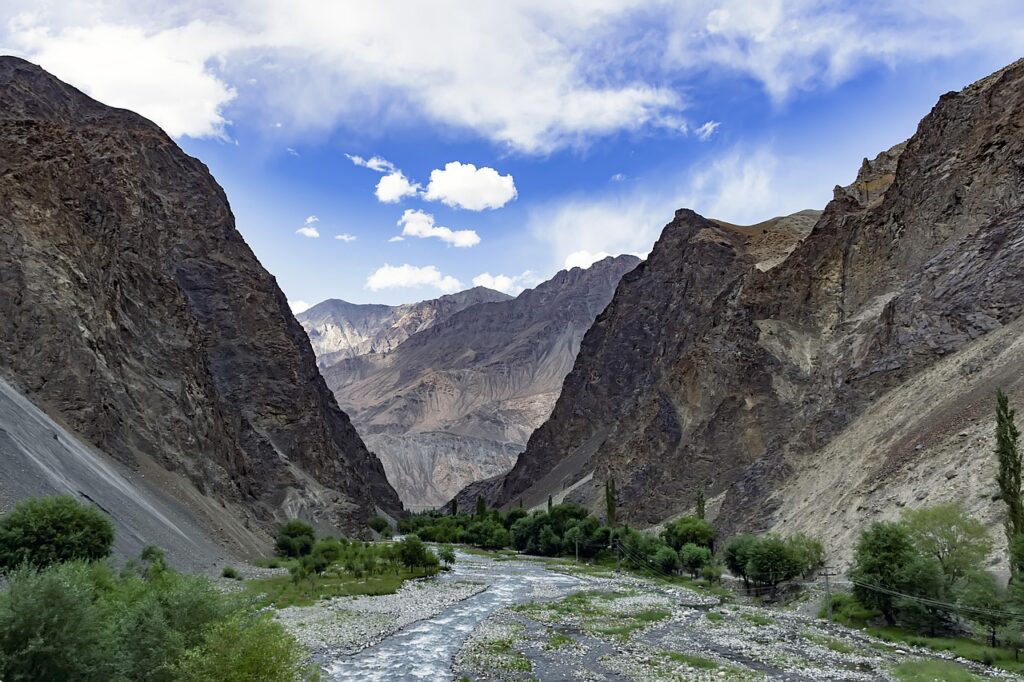In Pakistan, a climate of fear and anxiety has permeated everyday life, severely impacting social cohesion and disrupting the fabric of society. This pervasive atmosphere is largely attributed to the ongoing issue of religious intolerance, which remains a significant challenge across the nation. As mistrust deepens, many individuals find themselves not only doubting the efficacy of state institutions but also losing confidence in their fellow citizens.
Despite the state’s attempts to manage sectarian violence, the divide among various religious groups continues to grow, manifesting in increasingly aggressive behaviors. Instances of mob justice and vigilante actions have become alarmingly common as people resort to extreme measures against those perceived as different. This trend raises urgent questions about societal norms and the rule of law in the country.
Two critical aspects warrant closer scrutiny: the evolving nature of violent religious factions and the resultant insecurity felt by the majority population. Organized groups advocating religious extremism have adapted their strategies, often inciting their followers to take justice into their own hands. Following acts of violence against religious minorities, these groups frequently engage with local authorities, not to seek justice, but to shield their members from prosecution.
The complicity of law enforcement and local administrations in these matters can be attributed to two main factors: a desire to maintain public order and shared beliefs in the ideologies that fuel religious intolerance. In many instances, these groups mobilize social media campaigns to rally public support, creating a perception that any punitive action against their members could lead to further unrest.
Legal frameworks have become instrumental for these groups, as they establish networks aimed at providing legal protection for their actions. Furthermore, certain segments of the legal community have been known to rationalize the acts of religious zealots by framing them as efforts to uphold the law. Historical legal provisions, some of which date back to the Zia regime, have facilitated the criminalization of minority religious practices, thus enabling acts of bigotry.
In a notable incident, during its final days in office, the Pakistan Democratic Movement (PDM), composed of various political factions, passed a record 48 legislative bills in one day, including controversial amendments to existing laws concerning religious offenses. These amendments, which were approved without substantial debate, raised alarms about the increasing reach of religious legislation and its implications for civil rights.
The implications of these legal changes extend beyond minority groups; even the majority population has begun to feel the weight of such religiously motivated legislation. Many individuals now exercise caution regarding their language and expressions of faith, particularly in public settings.
Concerns have also been raised regarding the misuse of blasphemy laws, with recommendations emerging for the establishment of a commission to investigate allegations of collusion between state agencies and extremist clerics who exploit these laws for personal vendettas.
This deteriorating environment has significant ramifications for the mental health of citizens, particularly in the service sector. Many individuals find themselves increasingly drawn to religious practices while simultaneously feeling compelled to suppress open discussions about these issues. This paradox reflects a societal shift towards ritualism, which may not necessarily align with genuine belief but rather a response to prevailing fear and intimidation.
As the grip of religious extremism tightens, it stifles not only the expression of dissent but also the cultivation of critical thinking among citizens. The expectation appears to be a populace that remains compliant and unchallenging to state actions.
There is a clear indication that extremist factions often receive tacit support from state institutions, which may share similar viewpoints on various issues, including governance and civil rights. This alignment poses a significant threat to the progress of civil society in Pakistan, as both state and radical groups seem to diverge from the principles upheld by civil rights advocates.
In conclusion, the landscape of religious intolerance and societal fear in Pakistan presents a complex challenge that requires urgent attention. The intertwining of legal systems with extremist ideologies exacerbates tensions and undermines the very foundations of a diverse and inclusive society.



